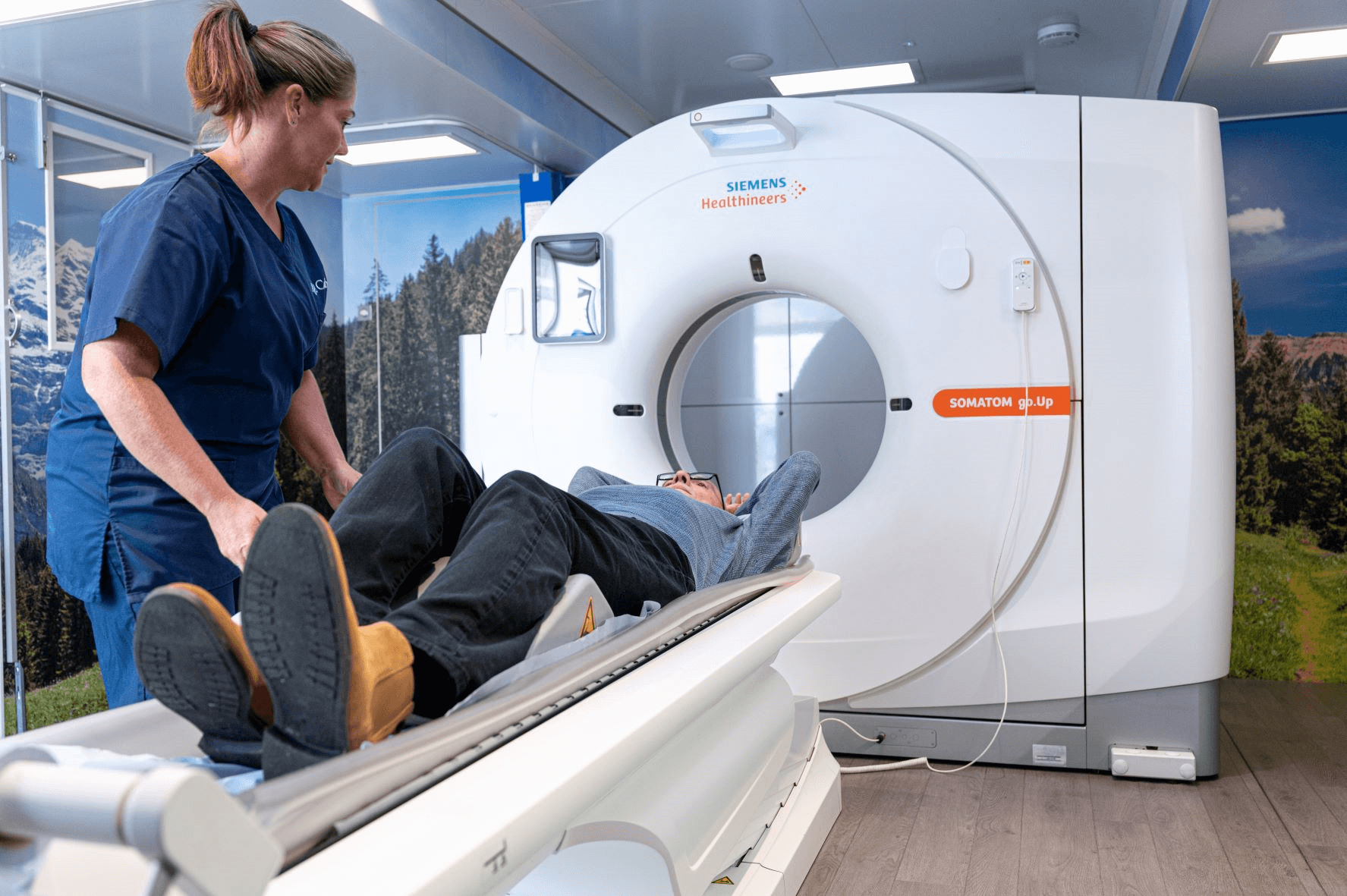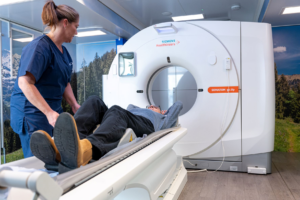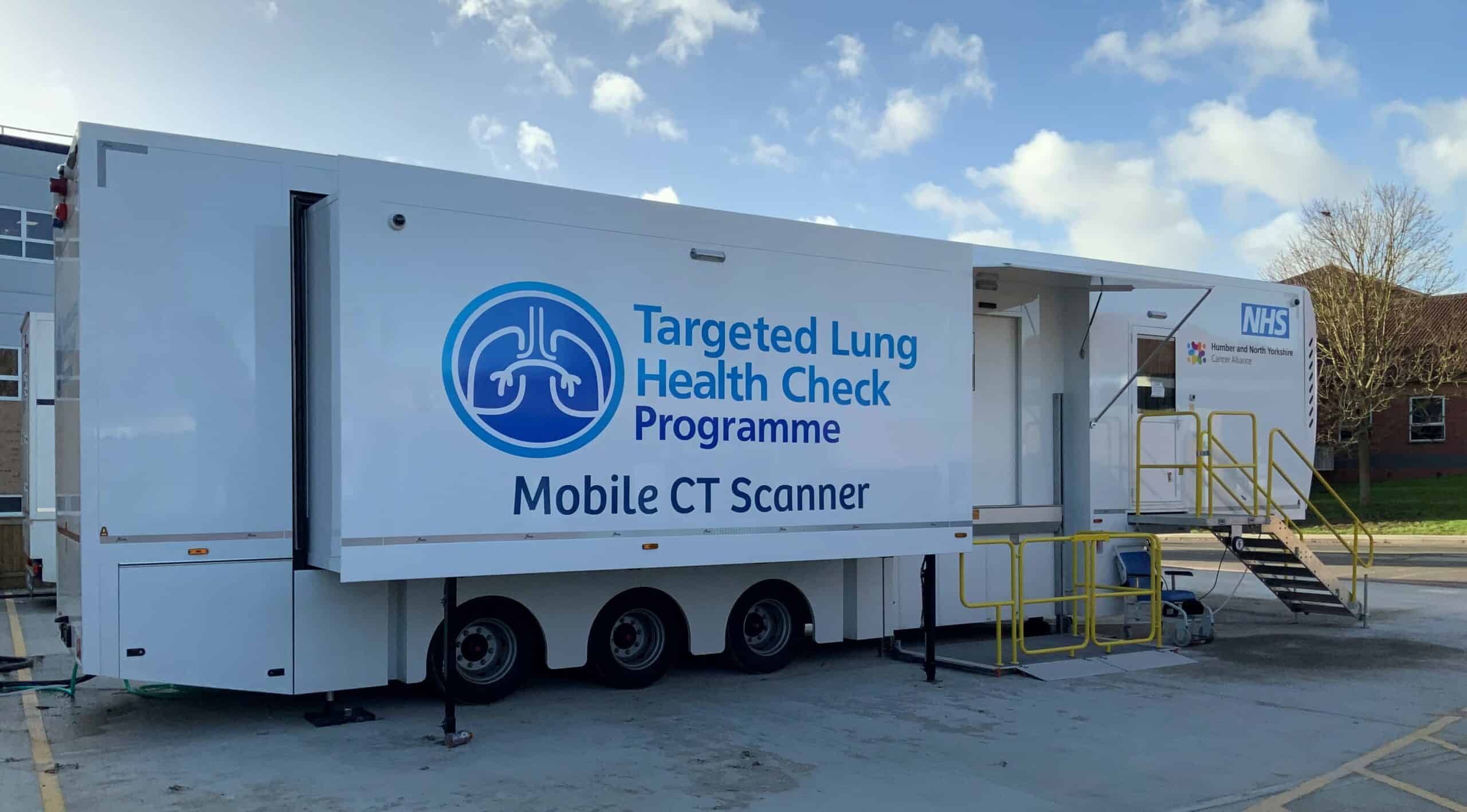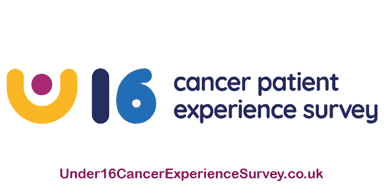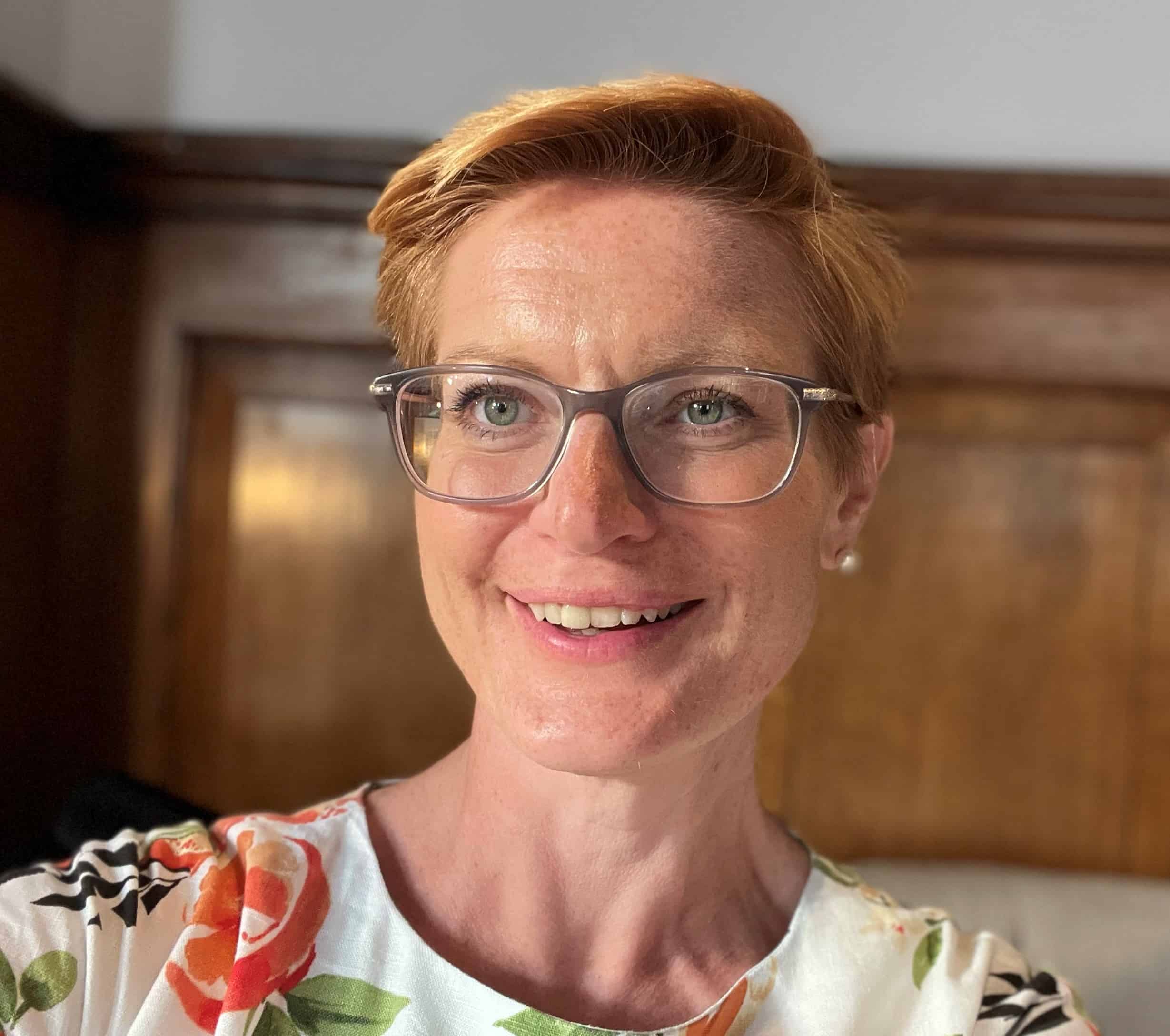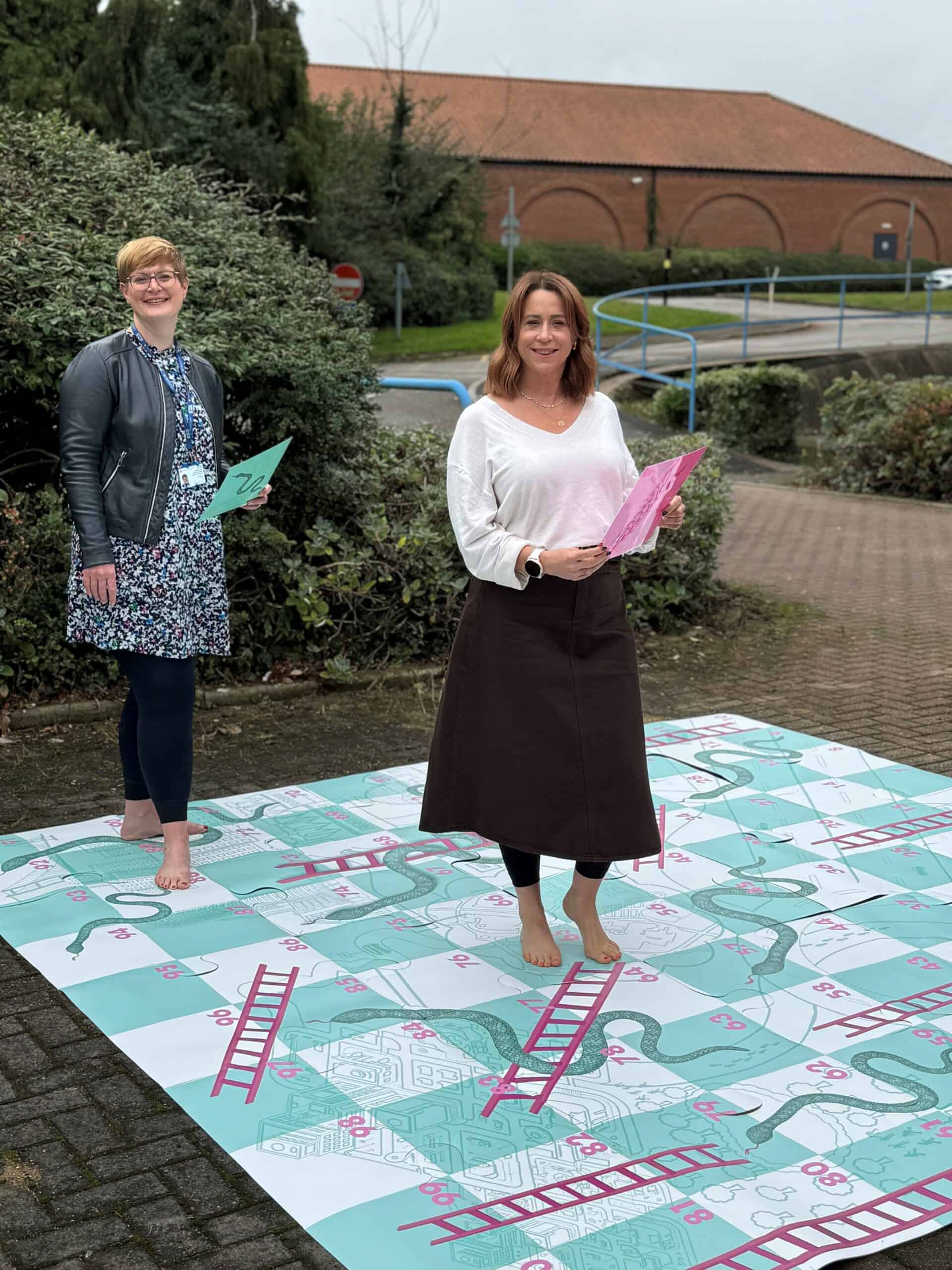
A super-size version of Snakes and Ladders is coming to Hull, Bridlington, Scunthorpe, Scarborough and York this October for Breast Cancer Awareness Month, helping Humber and North Yorkshire Cancer Alliance to smash taboos and raise awareness of the importance of breast screening.
By taking part in the immersive experience and walking around the board as their own lifesize counter, people will learn about the barriers and facilitators to attending an NHS breast screening appointment via large playing cards.
It’s hoped the 3 metre x 3 metre board game, taking centre stage at the Cancer Alliance’s Breast Cancer Awareness Month engagement sessions, will start life-saving conversations and address the fears surrounding breast cancer. Find out where you can play the game.
Breast cancer is the most common cancer in the UK. Around 11,400 women die from breast cancer in the UK every year. It is the fourth biggest cancer killer in the UK, and the second biggest cause of cancer death in women. However, 46.3% of women invited for a mammogram for the first time do not attend a screening appointment.
The Cancer Alliance worked in partnership with researcher Emily Lunn from Hull York Medical School (HYMS) to create this innovative take on an old family favourite, which received funding from Yorkshire Cancer Research.
Emily said: “There are many challenges people face when thinking about attending breast screening. For some, it’s not as easy as just turning up for their mammogram because of various factors. The aim of this game is to start a conversation, while raising awareness of breast screening.
“This game is not just for women aged 50-70 who are invited for breast screening, it is for everyone. We want everyone to feel comfortable talking about breast screening openly. We also want to highlight there are ways to overcome some of the challenges, and for them to raise awareness of breast screening with the women in their own lives.”
Cancer Alliance volunteers will be on hand at the engagement sessions to discuss breast cancer, the symptoms and how to check your body for signs of the disease.
The Cancer Alliance’s #getintouchwithyourself campaign runs throughout October and is aimed at women who are reluctant to attend breast screening appointments, particularly for the first time.
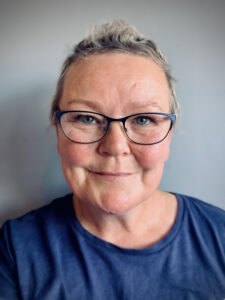
Sonia Bowers, 50, from Grimsby, North East Lincolnshire, is a member of the Cancer Alliance Patient and Public Representative Group. She was diagnosed with breast cancer last October, and identifies with first-time breast cancer screening invitees who can be less likely to attend or make a screening appointment.
“I totally get it – modern life is so busy, and when we reach the age for breast screening, we’re so busy caring about others, like children, grandchildren and elderly parents, that we forget to look after ourselves,” Sonya said.
“And even if we do have any free time, we might not want to spend it at a breast screening appointment. My mother, who had lung cancer, told me that breast screening was painful. So I skipped two appointment invites.
“In October 2023, I found a lump while self-checking. I went to see my GP and was referred to hospital within a fortnight. After undergoing chemotherapy and five rounds of radiotherapy, I’m free of cancer.
“Think about all those people you care for, and how they’d feel if you left it too late to be screened. For a couple of minutes of discomfort – the time it takes to make a cuppa – you could have peace of mind. The earlier breast cancer is detected, the greater the chance of survival.”
Dr Marcia Pathak, from Raj Medical Centre in Grimsby, is also keen for people to get in touch with themselves. She said: “Keep an eye out for these symptoms:
– lumps or swelling in your breast, chest or armpit
– a change in the skin of your breast, such as dimpling or redness
– Has one or both of your breasts changed shape? Or has the side of your chest changed in size?
– Also, look out for nipple discharge (if you’re not pregnant or breastfeeding), which may have blood in it, or a change in the shape or look of a nipple, or a rash on it
– and check for sores or ulcers on your chest too.”
Breast cancer awareness will be spread across the Cancer Alliance’s social media channels too, using the hashtag #getintouchwithyourself. Follow the Cancer Alliance on Facebook and X (formerly Twitter) to help share their messages.
If you or a loved one needs information on, or support for breast cancer, visit the Cancer Alliance website to be signposted to local breast cancer support groups. You can also help the Cancer Alliance by completing surveys on cancer experience of care, and attitudes to cancer.
Visit the Cancer Alliance’s Breast Cancer Awareness Month page to find out more.



